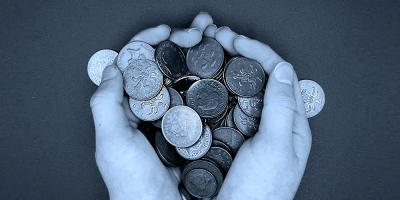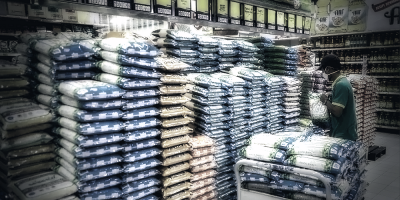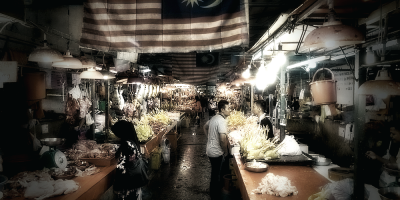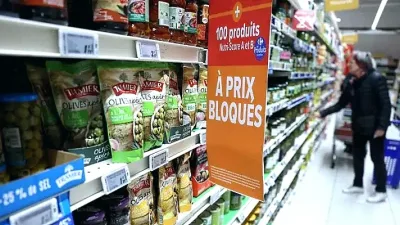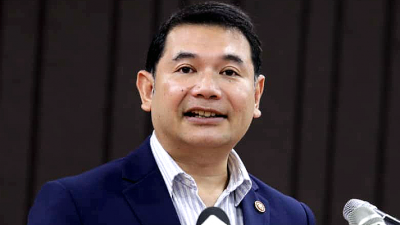There are two major tasks that warrant the government’s immediate attention: to tame inflation and ensure adequate supply of food items.
Goods prices in the country have been rising steadily in recent weeks, adding to the financial pressure of ordinary citizens.
Finance minister Tengku Zafrul has said the country’s CPI expanded by 2.2% in March, still remarkably lower than that of other countries.
Indeed, by looking at just the numbers, our situation doesn’t look that bad at all, when compared to the inflation rates in countries like Indonesia (2.6%), Australia (4.5%), Singapore (5.4%), Thailand (5.7%), UK (7.0%) and US (8.5%). But, this is not what people in the street like us perceive in our day-to-day living!
Take the cooking oil prices for instance, the price of 5 kg blended oil has surged by 50% from RM30 to RM45 in a little more than two years!
And now, even roti canai is going to be costlier. Currently, a piece of Malaysians’ favorite roti costs between RM1.20 and RM1.70, but as flour is getting dearer, PRESMA (Malaysian Muslim Restaurant Owners Association) president Jawahar Ali Taib Khan says they may have to raise the price of roti canai.
While the economy is yet to fully recover and our salaries always trail behind the pace of price increases, many will have to start tightening their belts to survive. The government’s decision to raise the minimum wage to RM1,500 does not offer much help against the backdrop of steep prices.
Inflation is a global issue, something we can’t actually control. That said, the government can come up with effective measures to minimize the impact of inflation in a bid to lessen the people’s burden.

Another issue that is closely associated with food is supply shortage.
We are at this moment witnessing an acute short supply of chicken in some parts of the country, forcing some chicken sellers to momentary halt their businesses.
There are many factors that could have contributed to the supply shortage, and the government must have some effective solutions to address this phenomenon.
From what we understand, given the rising cost of poultry farming as a result of more expensive chicken feed and chemicals, coupled with the fact the price of chicken is controlled by the government, many poultry farmers have decided to shrink or even halt their production due to dwindling profits, triggering a supply crunch.
This shows that the government’s price control policy is not a panacea that fixes all the price problems. In its stead, it could even bring undesirable effects under specific circumstances.
The government cannot simply rely on the price control mechanism to subdue goods prices. It should draw up more effective and comprehensive strategies to tackle the price issue by striking a balance between pricing and supply to ensure that Malaysians can gain access to some fundamental necessities at reasonable prices.
Prime minister Ismail Sabri Yaakob has said the government has decided to bring forward the weekly Wednesday cabinet meeting for this week to Monday in order to deliberate on the issue of food supply and rising cost of living and map out short- and long-term solutions, indicating that they have indeed sensed the urgency of this matter as well as a need to take immediate actions before grave consequences step in.
There are two major tasks that warrant the government’s immediate attention: to tame inflation and ensure adequate supply of food items. It is our hope that the government can formulate effective plans to tackle these two problems.
ADVERTISEMENT
ADVERTISEMENT






